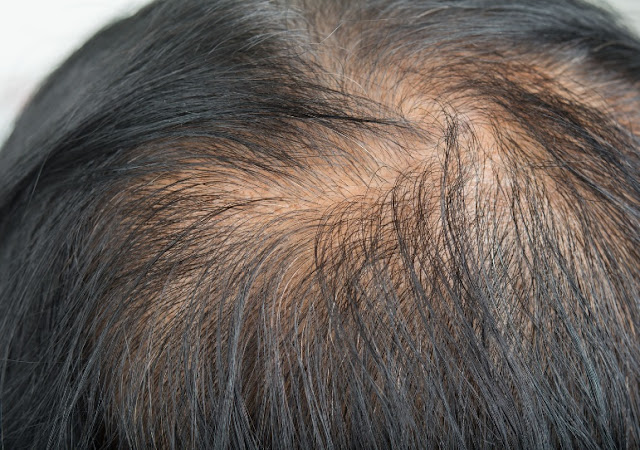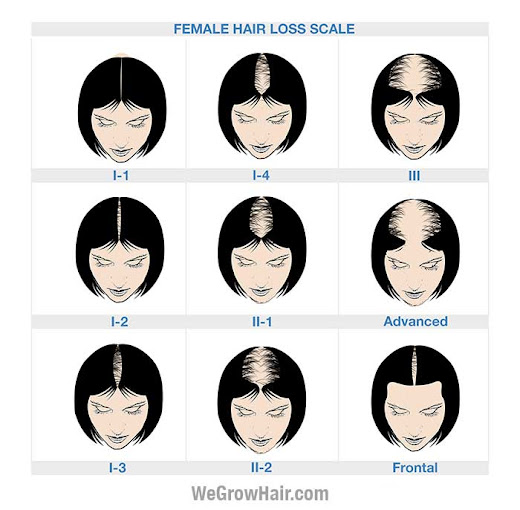What's the latest point you can treat hair loss effectively?
The effectiveness of hair loss treatments can vary depending on various factors, including the underlying cause of the hair loss, individual genetics, and the specific treatment being used. In general, it's best to address hair loss as early as possible to maximise the chances of successful treatment and regrowth.While there's no definitive cutoff point for when it's too late to treat hair loss, it's important to note that some treatments may be more effective in the early stages of hair loss. For example, medications like minoxidil (Rogaine) and finasteride (Propecia) are often more effective when started early and can slow down or halt further hair loss.
Non-medical treatments like HR23+ and KGF Serum can also play a key role in stumping the effect of excessive hair shedding, but once the baldness goes beyond a certain point, it's usually a case of seeking more advanced, surgical procedures.
Hair transplantation procedures, such as follicular unit transplantation (FUT) or follicular unit extraction (FUE), can be effective for individuals with more advanced hair loss. These surgical procedures involve transplanting hair follicles from areas of the scalp with healthy hair growth to areas with thinning or balding.
Hair transplantation procedures, such as follicular unit transplantation (FUT) or follicular unit extraction (FUE), can be effective for individuals with more advanced hair loss. These surgical procedures involve transplanting hair follicles from areas of the scalp with healthy hair growth to areas with thinning or balding.
When is it too late to treat hair loss?
The more hair you lose, the less chance you have of growing it back. There isn't a cure for hair loss, but there are hair loss preventive treatments (as mentioned above) that can help. The earlier you tackle hair loss, the more hair you are likely to keep... it's that simple.
If you are experiencing signs of androgenic alopecia (male/female pattern baldness), then you must begin treating the issue as early as possible. Pattern baldness can be treated effectively in men suffering from early stages (Norwood Hamilton 2-3), but once the baldness has passed Norwood 4, it is very unlikely that any treatment will work.
For women, the cut-off point fall in and around Ludwig II-1 (see diagram below). Once the thinning has become more advanced, the chances of treating it become significantly reduced.
They will be able to provide guidance on the best course of action based on the severity of your hair loss and other individual factors. Remember that seeking professional advice earlier rather than later can offer you more treatment options and potentially better outcomes.
Ad.




Comments
Post a Comment